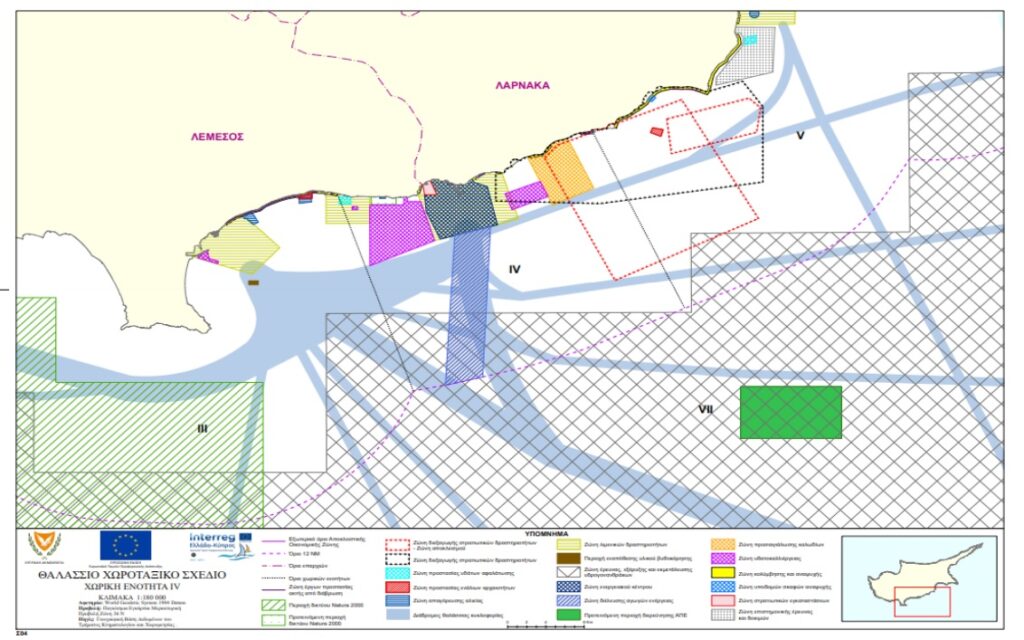Filenews 11 January 2025 - Charalambos Zakos
Representatives of at least two interested companies that want to invest in floating wind farms were recently in Cyprus.
According to a competent source of the Ministry of Energy, who spoke to "F", meetings have recently been held with at least two foreign companies, which are already active in the RES industry and which expressed interest in investing in this sector, stressing at the same time that discussions and possible plans are at an early stage.
According to the same source, Cyprus wants to enter the race and will follow the path of other European countries, which in recent years have boosted offshore wind energy, since, apart from other environmental and economic benefits, it is an industry worth many billions of euros, with increasing trends, and therefore with strong investment interest.
To this end, the Republic of Cyprus has already included in its Maritime Spatial Plan, i.e. in its strategic framework and strategic directions for sustainable development, the proposed area for RES development. The area, according to a source from the Deputy Ministry of Shipping, is located 18 nautical miles off Larnaka and on the map we publish is the rectangle on the right, with dark colour.
According to what is described in the Maritime Spatial Planning for this area, the state "seeks the utilization of marine renewable energy sources and it is proposed to locate a marine area for further investigation of the development of wind energy installations, based on criteria such as minimum distance from land to avoid visual disturbance (beyond 12 n.m.), maximum depth (not more than 1,000 meters) and minimum average wind speed (8 meters per second in at least one quartile)'.

The floating RES industry
Greece has only recently joined the dance, wanting to reap the benefits, estimating that it will see billions of investments, while other countries have for years entered the floating renewable energy sector, which is expected to grow rapidly.
This is due to the new technologies emerging related to floating RES units and the reduction of costs for their development, since the high cost of construction, performance and operation were deterrent factors for investments in previous years.
According to the latest Global Wind Energy Counsel report, 2023 was the second best year for the industry, with a total of 75GW of global offshore wind capacity, a 24% increase over the previous year.
At the same time, estimates suggest that offshore wind capacity will reach 487GW by 2023, while by 2050 it will reach half the total energy requirements.
